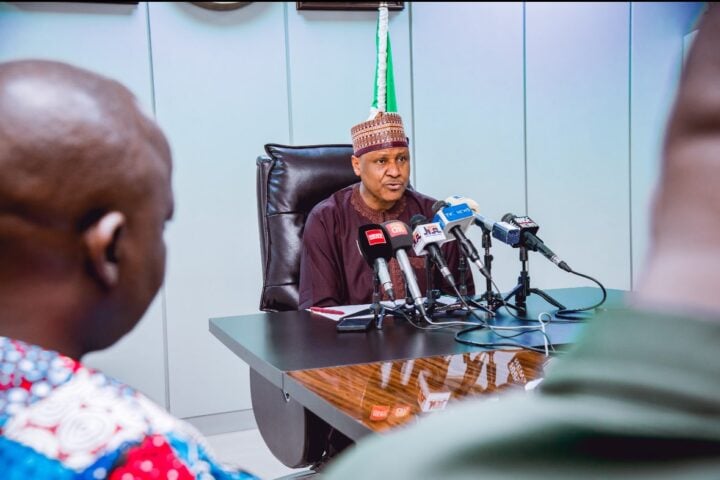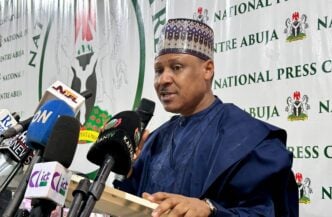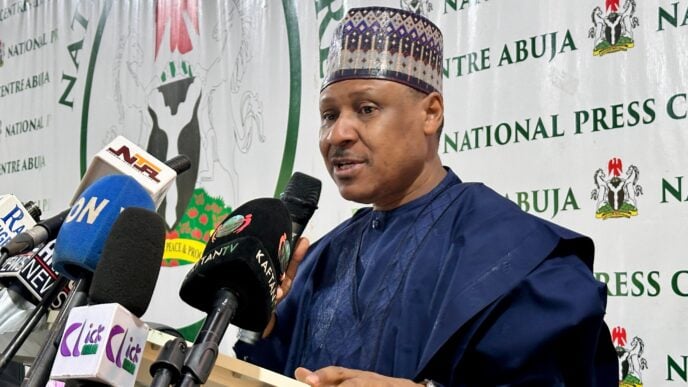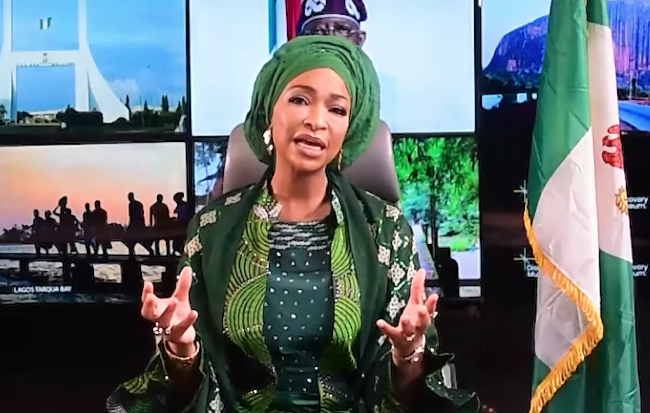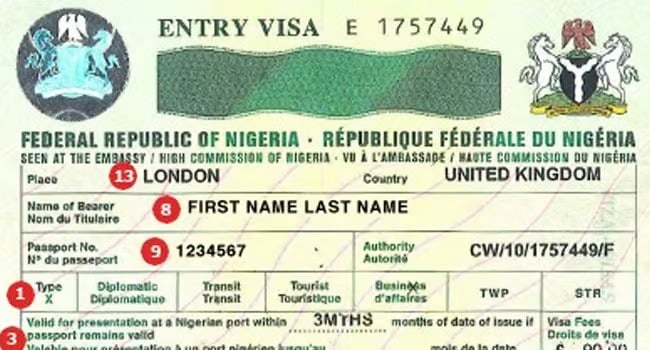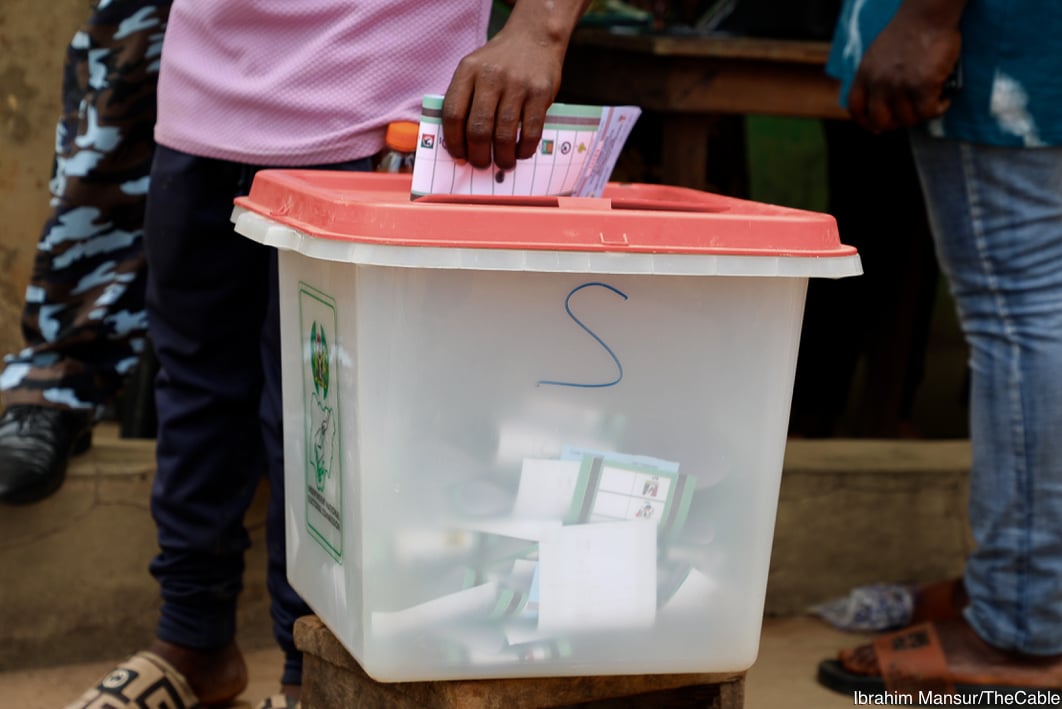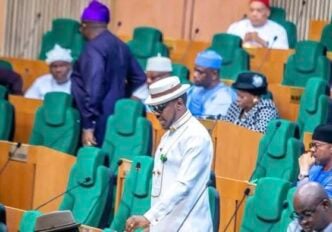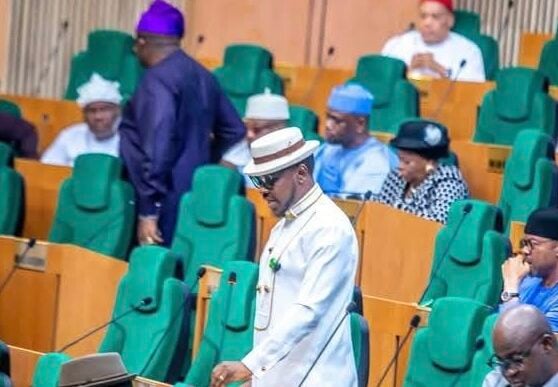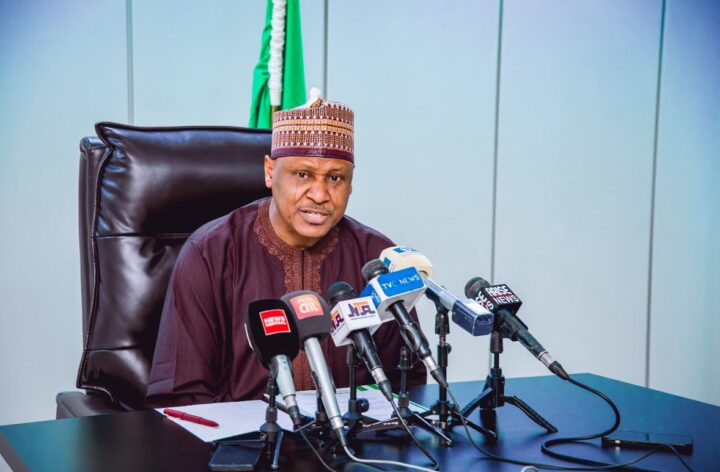Mohammed Idris, minister of information and national orientation, says President Bola Tinubu never instructed him to lie, arrest or harass journalists over critical reporting.
Idris spoke on Wednesday while hosting a delegation from the Nigerian Guild of Editors (NGE) led by Onuoha Ukeh, the guild’s general secretary, and Sebastian Abu, the deputy president, in Abuja.
“There are times when the media instigate tension, but Tinubu never urged me to alter the narrative, lie, arrest or harass the perpetrators,” he said.
“This is because the president is a true democrat who respects the rule of law. Also, the federal government believes that it cannot operate without the media, which is the fourth estate of the realm.”
Advertisement
Idris said he had always engaged media stakeholders like the Nigeria Union of Journalists (NUJ), the NGE and the Newspaper Proprietors’ Association of Nigeria on critical issues.
“I have always said that when we do good, praise us, and when we are not doing well or going overboard, tell us constructively so that we can improve,” he said.
The information minister said the Tinubu administration remains committed to media freedom and warned against using isolated cases to generalise that the government intends to gag the press.
Advertisement
He said Tinubu’s support for press freedom led to the establishment of a Media Literacy Centre (MIL) at the National Open University in Abuja by UNESCO.
He added that the country was at the final stage of getting UNESCO’s ratification for Nigeria to host the centre.
“This is a great achievement, because when established, the MIL Centre will bring stakeholders from across the globe to Nigeria,” he said.
“This will enhance media literacy in our country and checkmate the spread of fake news and issues of misinformation and disinformation in the country and the world at large.”
Advertisement
In Nigeria, press freedom is undergoing significant challenges despite constitutional guarantees and international human rights instruments.
Though the 1999 Constitution, as amended, and international agreements protect freedom of expression, including the press, laws like the Cybercrime Act are often used to prosecute journalists, with concerns about its potential to stifle investigative journalism.
The press attack tracker of the Centre for Journalism Innovation and Development (CJID) recorded 51 cases of press violations from May 2023 to June 2024, and 90 more cases registered between July and October 2024.
The report highlighted how journalists in Nigeria face regular monitoring, attacks, and arbitrary arrests by security agencies.
Advertisement
